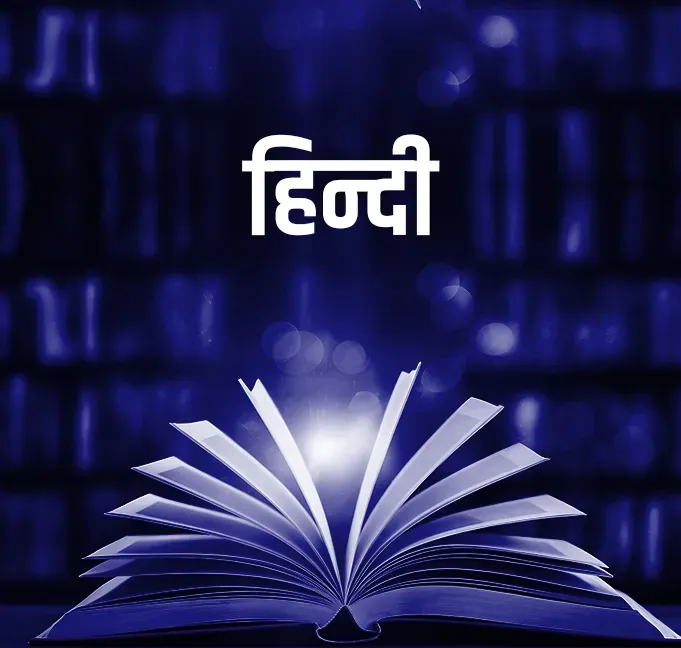B.Com (Bachelor of Commerce) is a 3-year UG degree that incorporates the myriad aspects of commerce and business. B.Com courses act as the stepping stone to countless opportunities, financial expertise, and skills that broaden your scope in the career spectrum. One can pursue many higher studies in business, and finance like a master's (MBA or M.Com) to better their career chances.
In this article, we will discuss all aspects of the BCom course, including eligibility criteria, fees, syllabus and subjects, scope, and benefits.
Get Complete Details From Expert
BCom Courses Guide
From general BCom courses to specialized courses there are quite a few courses available in India. The following table should be able to answer your query about - how many types of BCom courses are available for Indian students.

What are the requirements to pursue a BCom Course?
The eligibility criteria for B.Com admission 2026 differ everywhere, but some general eligibility requirements are:
The applicants should have completed class 12 or an equivalent from a recognized board.
Eligibility criteria for B.Com admission vary college-wise. At Delhi University, the cutoff for BCom admissions is different, starting from over 99 percent, but in some colleges, it goes down to 45 percent.
Any stream candidate can apply for B.Com admission, however, students completing 10 + 2 with Commerce may get preference over the candidate from other streams.
Certain colleges administer entrance tests for B.Com courses and admission for candidates qualifying in BCom Entrance Exams is determined by the scores achieved in these tests.
Also read:- BA vs BCom: Which Degree Should You Choose?
Reasons to Pursue a B Com Course?

The fields of finance, banking, and insurance are being revolutionized as blockchain and AI make their way into them. Students especially need to get started on the right curriculum because they need to be able to navigate an AI and blockchain technology-driven world. Thus, the current era of B.Com specializations facilitates a smooth shift from scholarly existence to the breakneck, cutthroat world of business.
There are several key reasons students might consider these courses, including:
Deep proficiency in many distinct areas: Learners can develop a deep knowledge base concerning many different facets of business management and organization. Because of this, the BCom syllabus and subjects are now being constructed to address the rapidly changing dimensions of the business world concerning innovation, globalization, and market relevance.
- Versatility: BCom course details provide a holistic view of various aspects of commerce, including accounting, finance, marketing, management, economics, and business law.
The career scope after BCom is vast and includes job opportunities in finance, banking, consulting, and more. Every business requires a manager, a commercial expert, or, at a minimum, an accountant. There will always be an abundance of openings in this region.
Practical Skills: B.Com programs usually focus on cultivating practical skills that can be directly utilized in the business environment. Students acquire skills to evaluate financial statements, oversee budgets, perform market research, make strategic choices, and communicate clearly and professionally. Career Opportunities: BCom course graduates are in demand across various industries, including finance, banking, consulting, retail, manufacturing, and technology. Every business requires a manager, a commercial expert, or at minimum, an accountant. There will always be an abundance of openings in this region.
Practical Skills: B Com programs usually focus on cultivating practical skills that can be directly utilized in the business environment. Students acquire skills to evaluate financial statements, oversee budgets, perform market research, make strategic choices, and communicate clearly and professionally.
What Career Paths Are Available After BCom?

Companies that recruit BCom graduates include Ernst & Young, Deloitte, IBH, Kotak, and others. Typically starting salaries for these professions range from Rs 2.5 - 5 LPA.
With the current job trends and emerging sectors, the career scope after BCom has grown to include roles in analytics, fintech, and ESG reporting as well.
Take the next step in your career ?
Conclusion
Online B.Com is a flexible form of higher education that allows students to study at their own pace and manage their education with other commitments. Regardless of the student's location, choosing an online degree enables them to receive a top-notch education from reputable universities. They ensure that students acquire a well-rounded education by giving them access to resources that are pertinent to the sector. Additionally, these same institutions usually offer online education platforms that facilitate students to communicate with their teachers and one another in a way that typically replicates the in-person experience.
Know More About Our Online Programs




